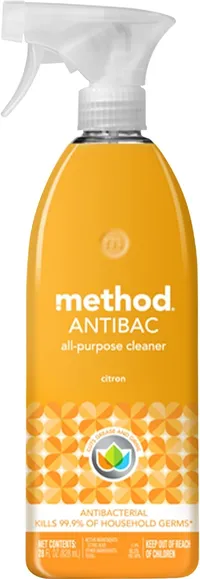Professional cleaners say ‘target hygiene’ can fend off the worst of winter illnesses
This targeted approach to cleaning your home can help fend off illness, according to professionals

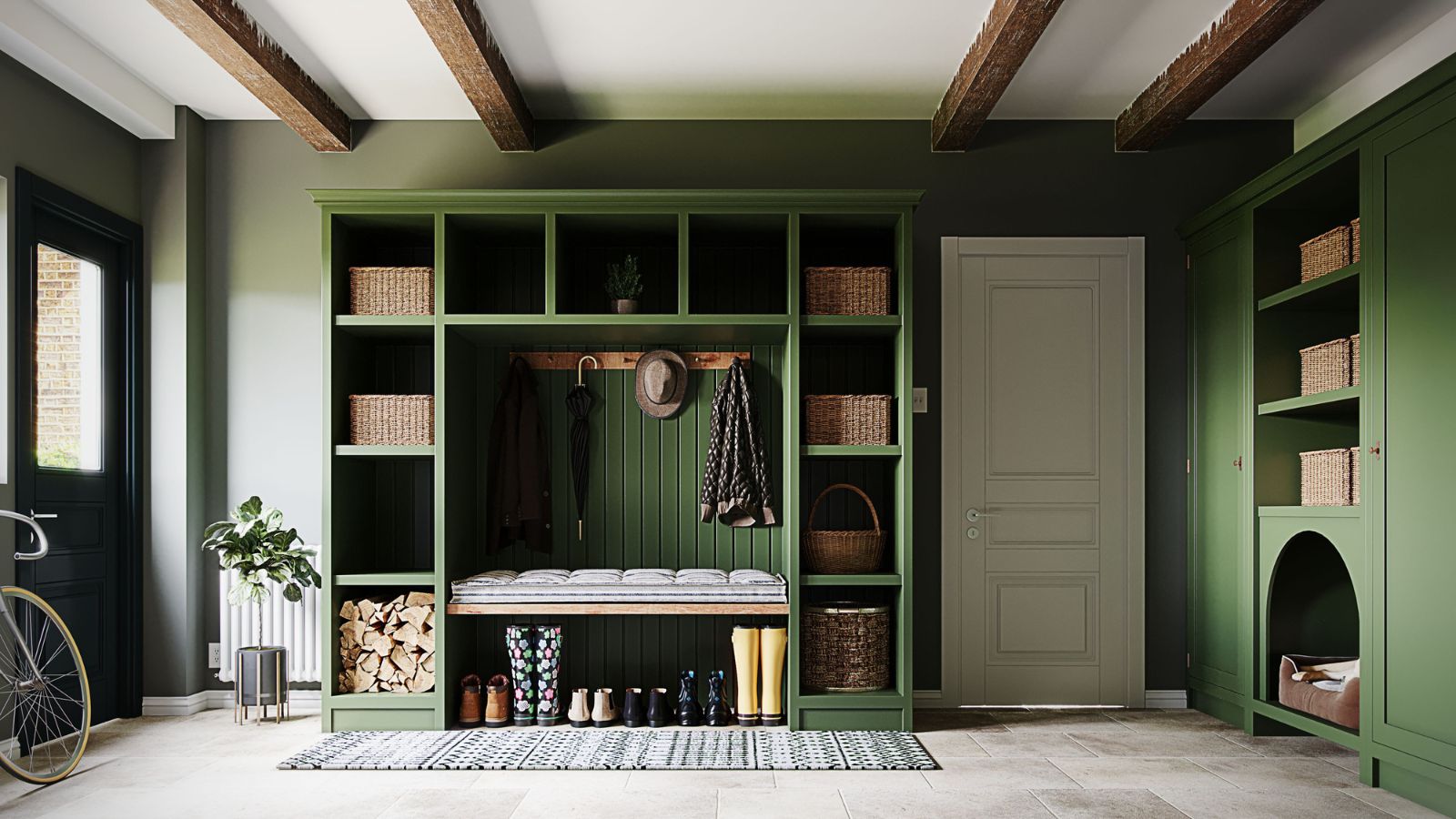
Design expertise in your inbox – from inspiring decorating ideas and beautiful celebrity homes to practical gardening advice and shopping round-ups.
You are now subscribed
Your newsletter sign-up was successful
Want to add more newsletters?

Twice a week
Homes&Gardens
The ultimate interior design resource from the world's leading experts - discover inspiring decorating ideas, color scheming know-how, garden inspiration and shopping expertise.

Once a week
In The Loop from Next In Design
Members of the Next in Design Circle will receive In the Loop, our weekly email filled with trade news, names to know and spotlight moments. Together we’re building a brighter design future.

Twice a week
Cucina
Whether you’re passionate about hosting exquisite dinners, experimenting with culinary trends, or perfecting your kitchen's design with timeless elegance and innovative functionality, this newsletter is here to inspire
Even if we avoid getting sick before Christmas, January always seems to hit us with an influx of coughs and colds that we can’t seem to shake.
The solutions may not lie solely in vitamins and hot teas, however. Cleaning experts suggest we should be trying ‘target hygiene’ as well – the act of targeting specific hotspots for germs in our homes to prevent them from spreading.
These are the five places we should pay attention to in January to keep your home germ-free in winter and ensure no nasties remain.
Target Hygiene
While it is a good idea to take these cleaning tips into account all year round, paying them a little extra attention in winter can help to fend off the worst of the winter illnesses before they have a chance to spread around your home, experts say.
1. Wash your bedding more frequently
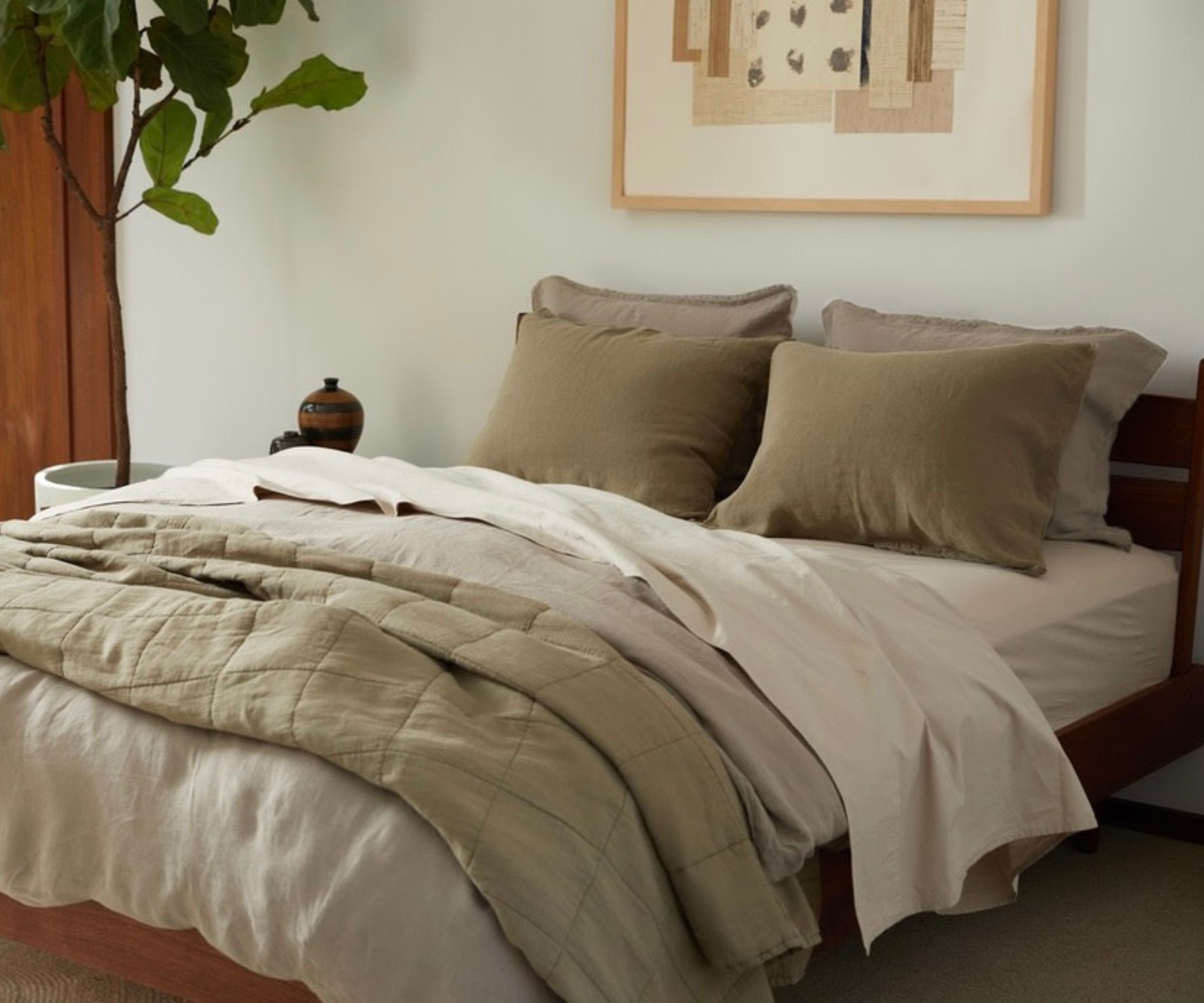
'If you have been ill already, you must prioritize your sleep hygiene to prevent reinfecting yourself or anyone you share the space with,' begins Catherine Green, smol’s sustainable cleaning guru:
‘We spend about a third of our lives in bed, so it's no wonder that dead skin cells, body oils, and even fecal matter can all build up in our sheets; especially because our beds are often the first port of call when we start to feel poorly. Keeping sheets clean can help to prevent illness as well as skin breakouts or conditions and allergen sensitivities.
‘While washing at 60°C is usually what’s recommended for a weekly bed linen wash, if you are using a good quality laundry detergent like smol, washing at 30°C will work just as well. I suggest a regular weekly wash at 30°c and a monthly wash at 60°c (unless your sheets are silk) to help kill off dust mites and other nasties.’
Design expertise in your inbox – from inspiring decorating ideas and beautiful celebrity homes to practical gardening advice and shopping round-ups.
Even if you haven't been ill, it is a good idea to wash your bed sheets and wash your pillows a little more frequently to prevent the spread of germs and bacteria, especially as we sleep with the windows closed, limiting the flow of fresh air.
2. Disinfect high-touch home fixtures
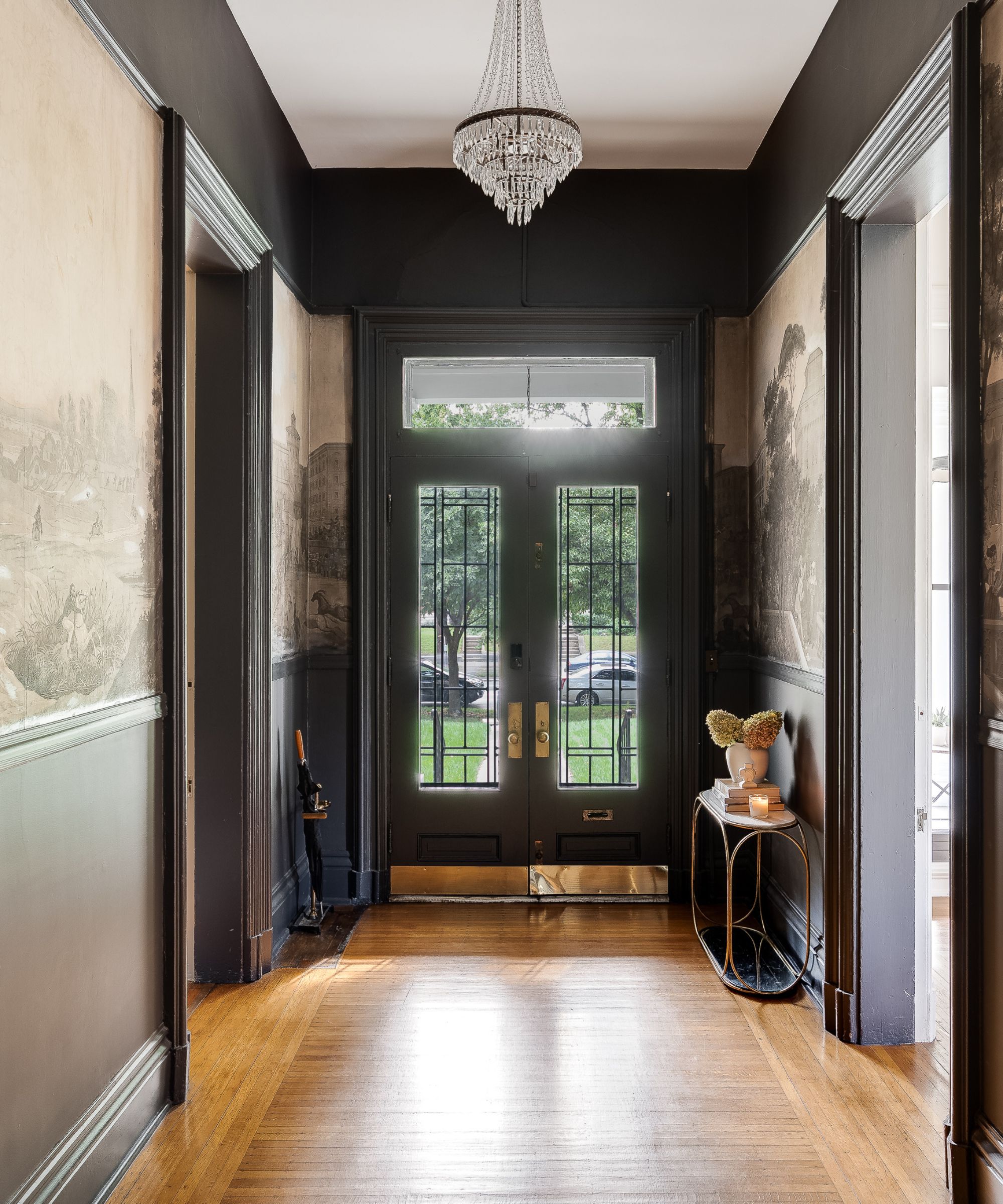
'Arguably, the most important place to target in your home to prevent illness is the high-touch points we so regularly forget when cleaning the rest of our homes – making them some of the dirtiest places in your home. Think doors, drawer handles, faucets, and light switches,' says Mallory Micetich, home care expert at Angi:
‘Home hardware like doors and drawer handles might be small, but they’re usually used several times a day by everyone in your household. I recommend wiping these down with a disinfectant wipe every day until everyone in your household has recovered from the illness, then at least weekly to maintain your health.
‘The key is to use a proper disinfectant, which kills more germs than a regular all-purpose cleaner. I recommend cleaning all areas the sick family member has come in contact with, focusing on the most-used touchpoints first.’
If you make a DIY cleaning solution, there are five germ-busting essential oils you can add that are naturally powerful.
Method Citrus Disinfectant Spray | View at Amazon
Method antibacterial sprays kill up to 99.9% of bacteria and smell fantastic too, making them perfect for brightening your mood when struck down with illness.

Mallory Micetich is a Home Expert at Angi, with particular expertise in small home living, sustainability, and consumer protection.
3. Don’t forget electronics
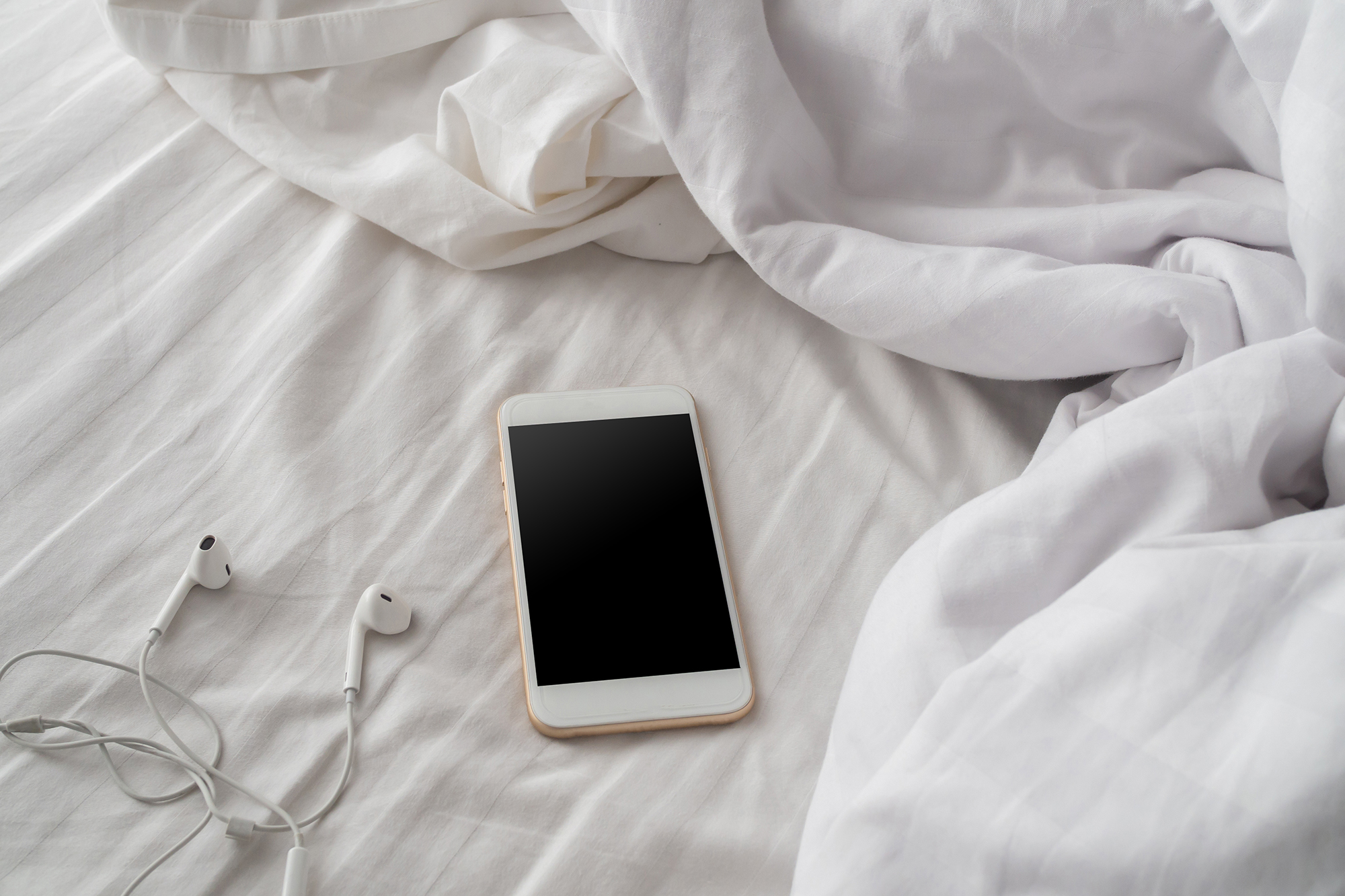
'Another place you definitely aren’t cleaning but need to is your household electronics such as your phone and tablets, cleaning your computer keyboard and controllers,' continues Karina Toner, operations manager and cleaning expert at Spekless Cleaning.
'We use these devices day in and day out and very rarely think to spray them down with a disinfectant,' she says. To help prevent illness, it is a good idea to keep some anti-bacterial wipes to hand to give them a quick wipe over every day or so and avoid touching our phones and then our faces – especially if we have been putting them down outside of our homes.'

Karina is the Operations Manager at Spekless Cleaning, a trusted maid service based in Washington D.C. The team has over five years of experience providing top-quality cleaning services for both residential and commercial clients.
4. First point-of-call entryway surfaces

Our entryways are where most outside germs will enter our homes and then sit and fester, allowing us to pick them up and move them around every time we enter and leave our homes. 'As such, it is important to target clean all high touch points in this zone weekly at the very least,' says Alicia Sokolowski, cleaning expert and owner of AspenClean.
This means paying particular attention to disinfecting shoe racks, doormats, side tables, and coat hooks and wiping down the door knobs and handles leading in and out of the house when cleaning an entryway.

Alicia is the President and Co-CEO at AspenClean. AspenClean provides all-natural, chemical-free cleaning services that have revolutionized the cleaning industry and changed the way people clean their homes. It was the first detergent to be certified by the EWG. With over 17 years of experience, Alicia specializes in creating a healthier, green alternative to chemical-based cleaning products and services.
5. Take cleaning to your car

'Although not technically a part of your home, cleaning your car – and the garage if you use one, is another great way to prevent tracking germs into your home,' says Alicia Sokolowski, cleaning expert.
'If you want to take target hygiene seriously, regularly cleaning and disinfecting the steering wheel, door handles, and other frequently touched surfaces inside your car will do a load of good.'
FAQs
Why is targeted hygiene important?
Targeted hygiene helps you to focus on cleaning the most important areas of your home to help break the chain of infection and minimize your exposure to harmful germs, lowering your viral load and keeping you healthier.
How do you clean the air in your house after sickness?
If there has been an illness in your home, it is important to air the space out both during and after the illness to help prevent the illness from spreading and to prevent your home from smelling musty. Open your windows and curtains to let fresh air and sunlight in, and consider using an air purifier with a gas filter when the windows are closed to help improve indoor air quality.
It's not just your physical surfaces you should be target cleaning when trying to prevent illness – your air needs cleaning too, especially when we leave our windows closed so often in winter. Even when it is cold, consider opening up your windows occasionally for at least 20 minutes to let fresh air in and stale air out while also using an air purifier to help remove nasties from the air. Not only will it leave you feeling better, but it will make your home smell nice, too.

Chiana is Homes & Gardens’ kitchen appliances editor. With a lifelong passion for cooking and baking, she grew up experimenting in the kitchen every weekend with her baking-extraordinaire Mom, and has developed a great understanding of how tools and appliances can make or break your ideal relaxing kitchen routine.
